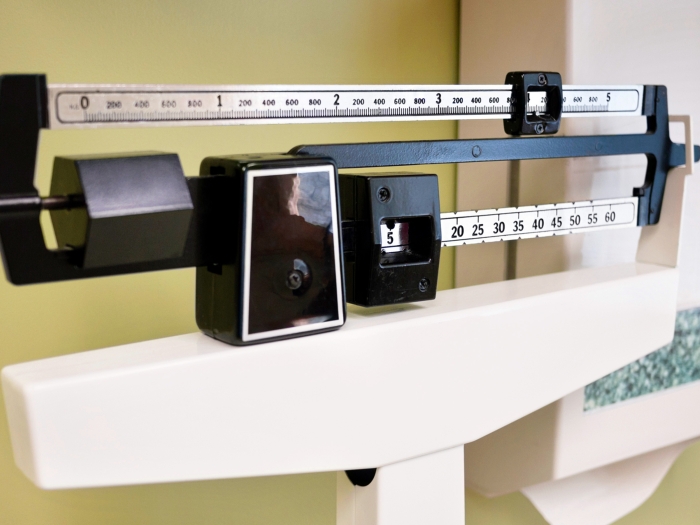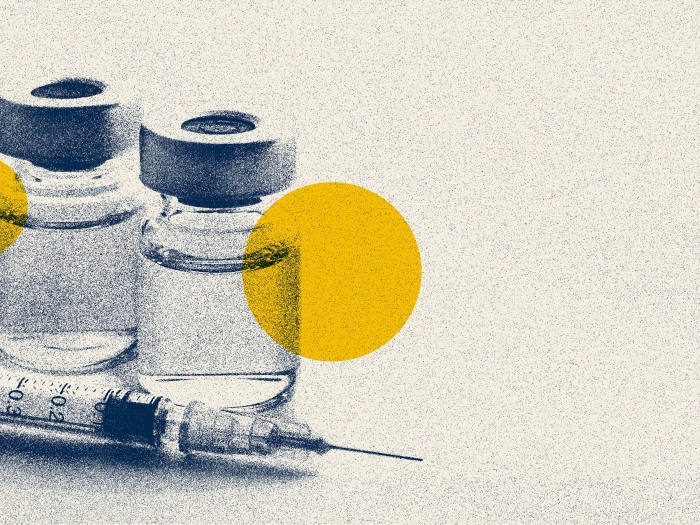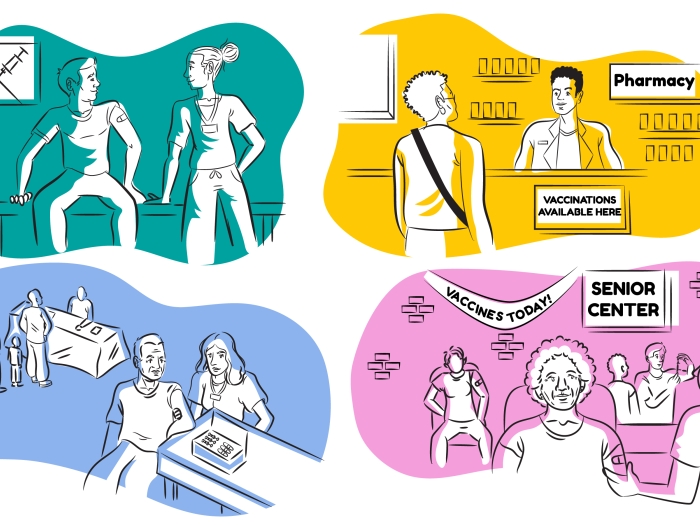Showing 1-15 of 29 results

Health Lab
A large grant for Michigan Medicine will launch important research to improve the screening and treatment for a gynecologic disorder that disproportionately impacts Black and Hispanic populations

Health Lab
A weight navigation program for primary care patients with obesity led to more use of proven weight management strategies and more weight loss

Health Lab
A national study from Michigan Medicine shows that the use of these weight loss drugs is increasing rapidly in adolescents and young adults 12-25 years, especially females.

Health Lab Podcast
A survey focused on how much people in their teens and early 20s know about periods and their experience and attitudes around “period poverty”.

Health Lab
Survey shows many teens and young adults support making menstrual products more accessible to fight "period poverty."

Health Lab
Most people with risk factors for cardiovascular disease – what are sometimes called the Essential Eight – are managed by primary care clinics, or haven’t seen any provider recently

Health Lab
Around 10% of all deaths following percutaneous coronary intervention are potentially preventable, a study led by Michigan Medicine finds.

Health Lab
Many women don’t get cervical cancer screening such as Pap tests, or don’t go for follow up diagnostic tests; a new study shows what could happen if all of them did.

Health Lab
Patients can now enroll in a clinical trial to test a groundbreaking nonsurgical treatment for cervical lesions that affect nearly 300,000 women in the United States every year.

News Release
Lung disease specialist comes to Michigan from Vanderbilt University School of Medicine to lead largest department

Health Lab
Elective surgery study shows older adults have concerns about what it will cost them, how much work they’ll miss and whether they’ll catch COVID-19.

Health Lab
A new study links two autism-associated genes together for the first time, potentially revealing a mechanism behind brain changes seen in people with autism.

Health Lab
Research from Michigan Medicine experts is shedding light and potentially expanding options for patients living with an aggressive childhood cancer.

Health Lab
Adults, especially people over 50, should get immunized against COVID-19, flu and other infections, to prevent fall and winter illness, hospitalization and worse

Health Lab
Advanced programs in healthcare equip doctors, nurses, and others with the skills and knowledge needed for successful careers in health. Explore how Michigan’s Clinician Scholars Program can empower healthcare innovators across different disciplines and enhance medical education.